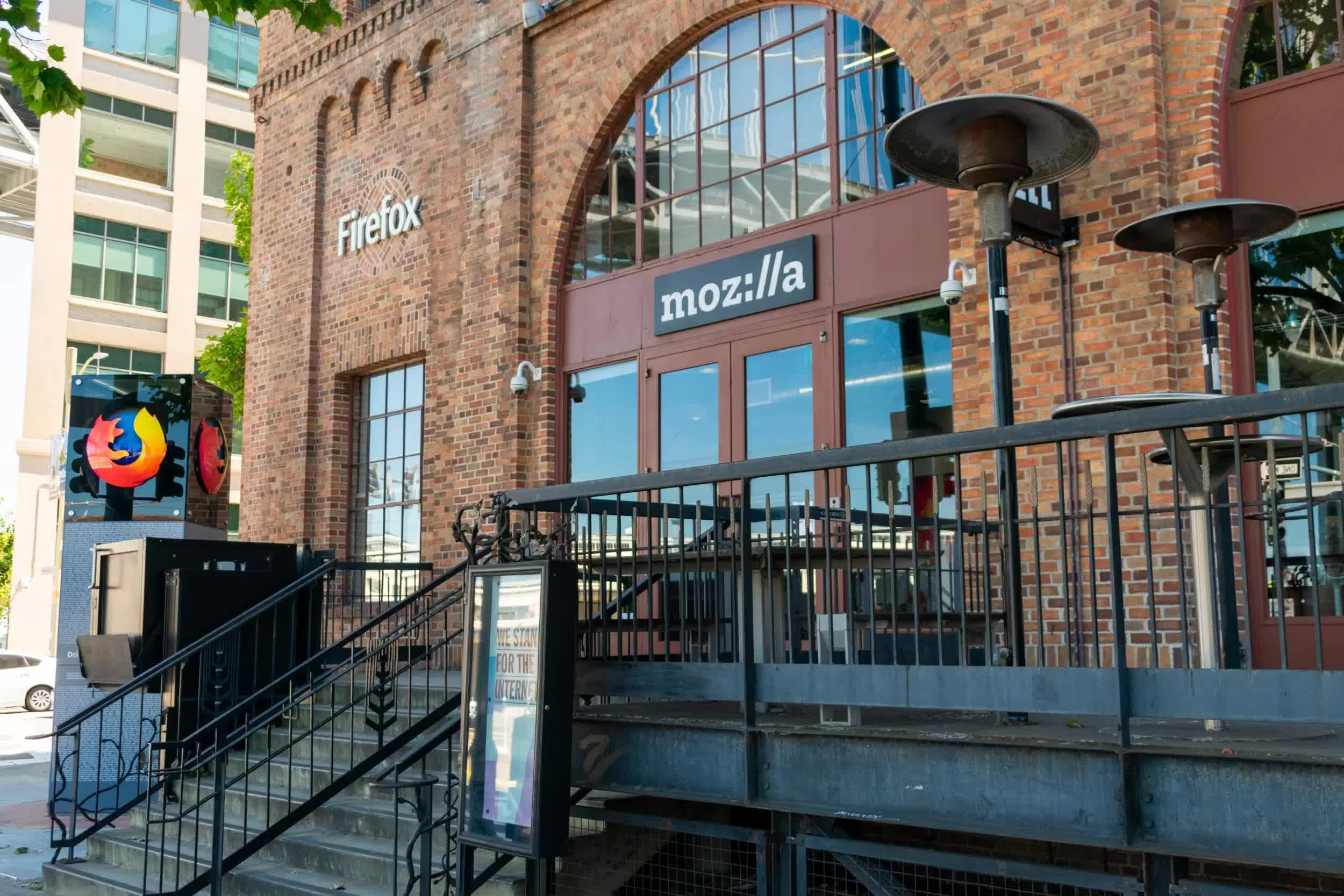The big picture: Firefox is a fantastic web browser. It's fast, efficient, and privacy-focused with support for a wide range of third and first-party plugins that enhance various features or add new ones altogether. However, as Google's Chrome browser continues to dominate the browser world, and chip away at Firefox's already-limited market share, the Mozilla Foundation has found itself at a crossroads.

According to a new report from Wired, Firefox only services a mere four percent of the Internet's browser users, a far cry from the twenty percent it boasted over a decade ago. Though Firefox is still speedy and an excellent option for anyone who cares about minimizing their digital footprint, it's evident that it simply cannot outperform Chrome (and Chromium-based browsers) in terms of user numbers.
As Firefox's market share declines, so too does its revenue and staff numbers. And the possibility of recovery is looking less and less likely: former Mozilla employees that spoke to Wired feel the organization has already lost the browser war and stands little to no chance of regaining its former market share.
Whether that's truly the case or not is difficult to say. I enjoy using Firefox and find it superior to Edge, Chrome, and Opera for my purposes. But clearly, most internet users feel differently, or perhaps just haven't considered a switch lately. Either way, it's tough to blame them.

Chrome is (generally) stable and receives frequent feature updates that improve (or try to improve) the end-user experience. Imagine you're a casual Internet user: all you need is a user-friendly browser that can access your favorite websites without grinding your PC to a halt, Chrome is a valid option. Most of your friends are using it, too, and can help with troubleshooting or locating specific features.
How can Firefox overcome that sort of dominance and word-of-mouth? It's not impossible, but it's clear that Mozilla is putting less emphasis on trying to topple the Chrome empire lately. Indeed, the harsh realities of its situation have forced Mozilla to consider new revenue streams to stay afloat and continue pursuing its mission.
One of its key revenue streams at the moment is the ongoing marketing deal Mozilla honors with Google. Though the companies are opposites in many ways, they reached a compromise of sorts that nets the former hefty royalties for making Google the default search engine in Firefox. According to Wired, that deal is worth around $400 million annually and makes up the vast majority of Mozilla's total revenue.
Obviously, that's a precarious position for the Foundation to be in. Relying on the grace of your competitor to survive is not a sustainable business model, especially as your own user numbers continue to tumble (thus making your product less deal-worthy to begin with). As such, Mozilla has tried to create new paid products and services to reduce its reliance on Google.
The Mozilla VPN is the Foundation's first real crack at a revenue-generating service, coming in at $10 per month. The VPN offers device-level data encryption, a 30-day money-back guarantee, and a strict "no logs" policy, all of which line up well with Mozilla's mission. But will it be enough to allow the Foundation to sever ties with Google? Probably not yet or anytime soon, but it's certainly helping: Wired says new products could make up 14 percent of Mozilla's 2021 revenue.
I haven't used the VPN and don't intend to anytime soon, but for the sake of all Internet users, we hope Mozilla manages to stabilize and thrive; whether it's through services like its VPN or even a miraculous market share surge. Competition is critical to a healthy marketplace, and nobody benefits -- least of all consumers -- if one of the biggest digital privacy advocates out there crumbles to dust.
Masthead credit: Michael Vi
https://www.techspot.com/news/93449-firefox-user-number-decline-mozilla-seeks-out-new.html